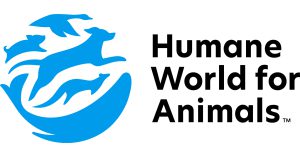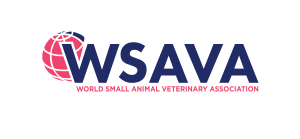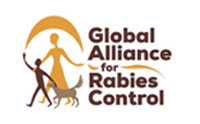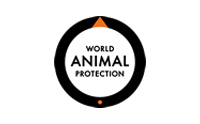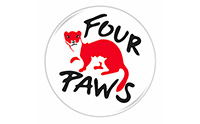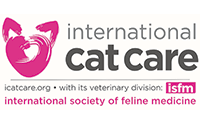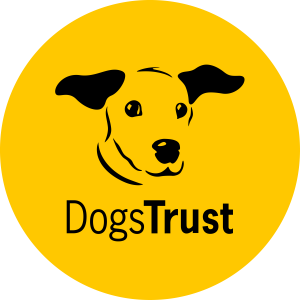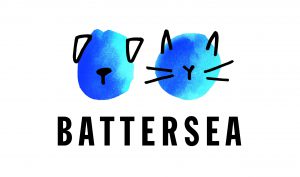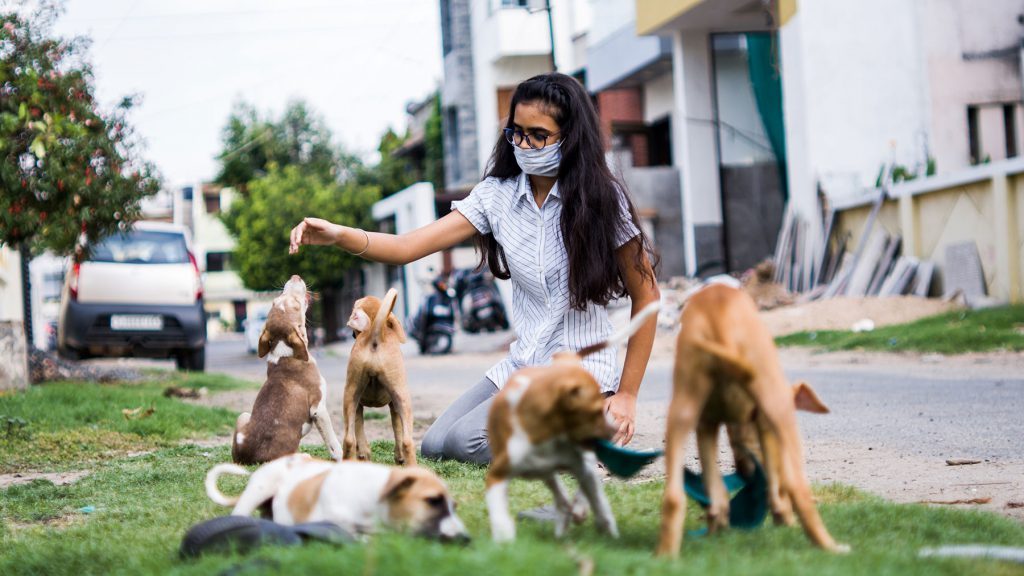
Mars Petcare is launching their State of Homeless Pets Index today, as a benchmark for their new Ending Pet Homelessness campaign. The index, which currently scores 9 countries, uses local data and attitude surveys to measure multiple factors impacting dog and cat ownership in a country and identifies key factors influencing how well pets are cared for. So far, they have scored 9 countries (USA, India, UK, China, Germany, Mexico, Russia, South Africa and Greece), and are currently working on a further twelve. ICAM, and ICAM member International Cat Care, have been providing input to Mars Petcare on their journey to develop this Index as part of their advisory board.
As an organisation with a mission to improve humane dog and cat population management worldwide, ICAM welcomes Mars Petcare’s interest and the significant investment it takes to gather elusive data and administer widespread attitude surveys. ICAM promotes the use of data in designing, monitoring and evaluating dog and cat population management because without identifying the local problems clearly, there can be neither targeted solutions nor tracking of progress. While the collation of metrics into a single Index number may be too blunt an instrument for some working in the field, this is undoubtedly an important contribution to our understanding of our global progress on these issues. If the Index is repeated in future, as Mars Petcare has implied is the goal, it will allow us to track how dog and cat populations are changing locally over time, as well as the factors influencing them. We encourage Mars and the companion animal sector within each country to collaborate further to ensure validity of data utilized in the Index and aid its continued accuracy into the future.
At ICAM, we recognise that dog and cat population dynamics are complex and differ between communities, and that simple, one-size-fits-all solutions are rarely effective. Responding to this challenge and the complexity of data within the Index, Mars Petcare has extracted ‘data highlights’ emerging from the analysis. These are intended to bring attention to issues where interventions could help to reduce pet homelessness within each country. ICAM encourages readers to feel inspired by these key issues and to use them as a launching point to consider what may be most effective in their region. However, we caution that, while the Index considers dog and cat issues together, these species differ widely in their population dynamics and therefore appropriate solutions are likely to differ.
One key issue that appears to be relevant to pet homelessness in many countries is the challenge of accessible small animal veterinary care. While in the higher-scoring countries there exists a skilled small animal veterinary profession, the Index reflects how much more challenging it is for a responsible owner to prevent their own dog or cat becoming part of the stray problem in those many places where small animal veterinary medicine is lacking. We would encourage Mars Petcare to prioritise building accessible small animal veterinary services in those countries where pet homelessness is clearly still a very significant issue. For example, through investment in continuing professional development for vets and vet technicians and supporting them to access those medicines essential for delivering a safe and humane veterinary treatment for cats and dogs (see WSAVA’s essential medicines list for cats and dogs).
This Index and the metrics contained within it will be of interest for anyone working in dog and cat population management; NGOs, governments, private companies, veterinarians and researchers. For those 9 countries already analysed, as well as the 12 countries currently underway, the insights may provide the impetus to make positive changes, address deficits, and improve the lives of dogs, cats and the people who live with them. Comparison between countries, and especially on key data highlights, may prove good starting points for making greater progress at the global level.
ICAM welcomes Mars Petcare’s continued involvement in this field, and we hope to see them follow up with strategic investments in collaboration with local NGO partners to address the highlighted issues it raises. We also call on governments to recognise that Mars Petcare’s investment in this Index reflects just how much dog and cat population management matters to them, their consumers and the wider community.
About International Companion Animal Management (ICAM) Coalition
ICAM supports the development and use of humane and effective companion animal population management worldwide. The coalition was formed in 2006 as a forum for discussion on global dog and cat management issues.
Our key goals are to:
- Share ideas and data
- Discuss issues relevant to population management and welfare
- Agree definitions and hence improve understanding
- Provide guidance as a collegial and cohesive group
Contact information: info@icam-coalition.org
Twitter: @ICAMCoalition

